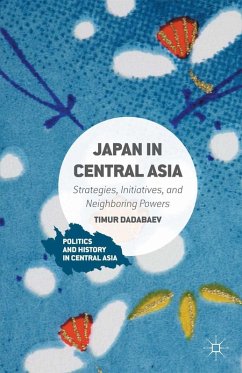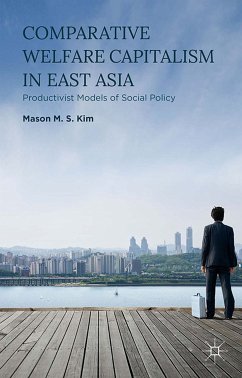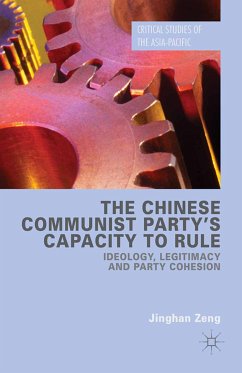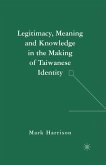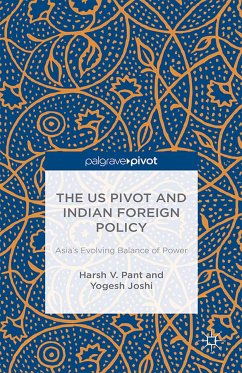Dieser Download kann aus rechtlichen Gründen nur mit Rechnungsadresse in A, B, BG, CY, CZ, D, DK, EW, E, FIN, F, GR, HR, H, IRL, I, LT, L, LR, M, NL, PL, P, R, S, SLO, SK ausgeliefert werden.
"Timur Dadabaev's book is a milestone, as it not only represents the first English-language monograph on this under-researched subject, but also as it is researched and written by a Central Asian scholar based in Japan. ... Besides its scholarly implications for aseries of key disciplines, the volume is also useful for policymakers and practitioners. ... Timur Dadabaev's intellectually stimulating and thought-provoking monograph has laid a remarkable foundation." (Nikolay Murashkin, Europe-Asia Studies, Vol. 68 (9), 2016)

